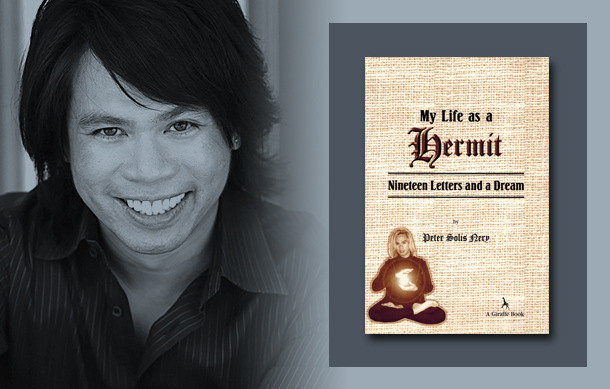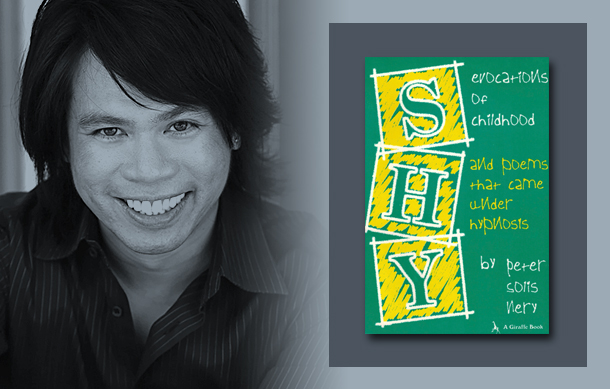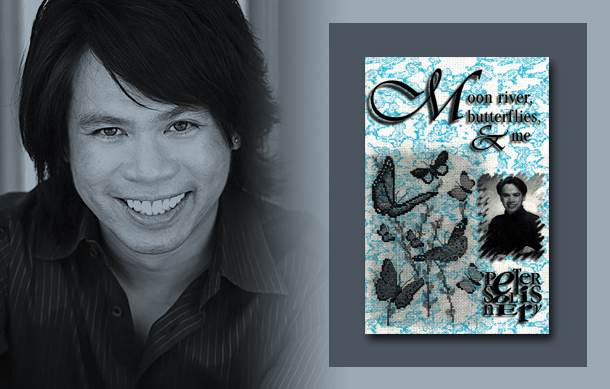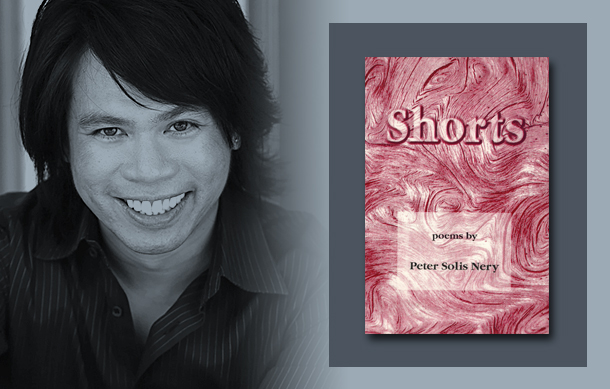ISBN 971-8967-74-5
Giraffe Books: Quezon City, 1998
[from the Dedication]
To His Excellency Domingos Lam Ka Tsueng, Bispo de Macau, who generously shared with me the magnificent Bishop’s Palace during the first four months of my two-year mission work in his diocese.
The meals and conversations I had with the reverend bishop are among the fondest memories I have of my life as a young missionary in South China. I will never forget His Excellency’s hospitality, kindness, and gentle, fatherly reproaches.
Once, at the dining table, the blessed bishop noted my clumsy use of the chopsticks. He said, “That’s how you learn to eat with chopsticks. Just pick them up, and forget about ever knowing the fork.” Then, almost philosophically, he added, “True poverty means living within the framework of your current circumstance. It means not having to complain, or to desire what you do not have. Not even for a fork.”




